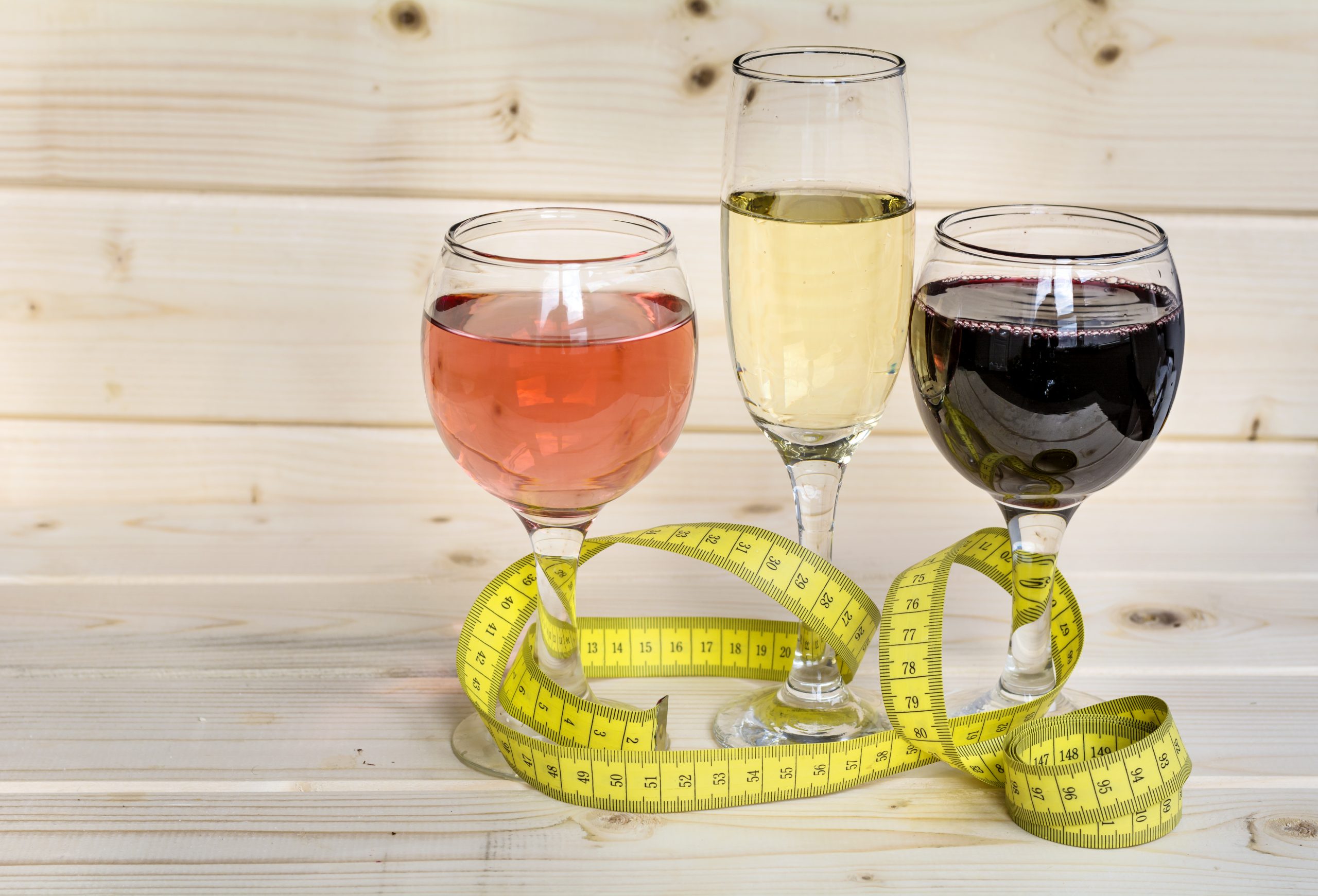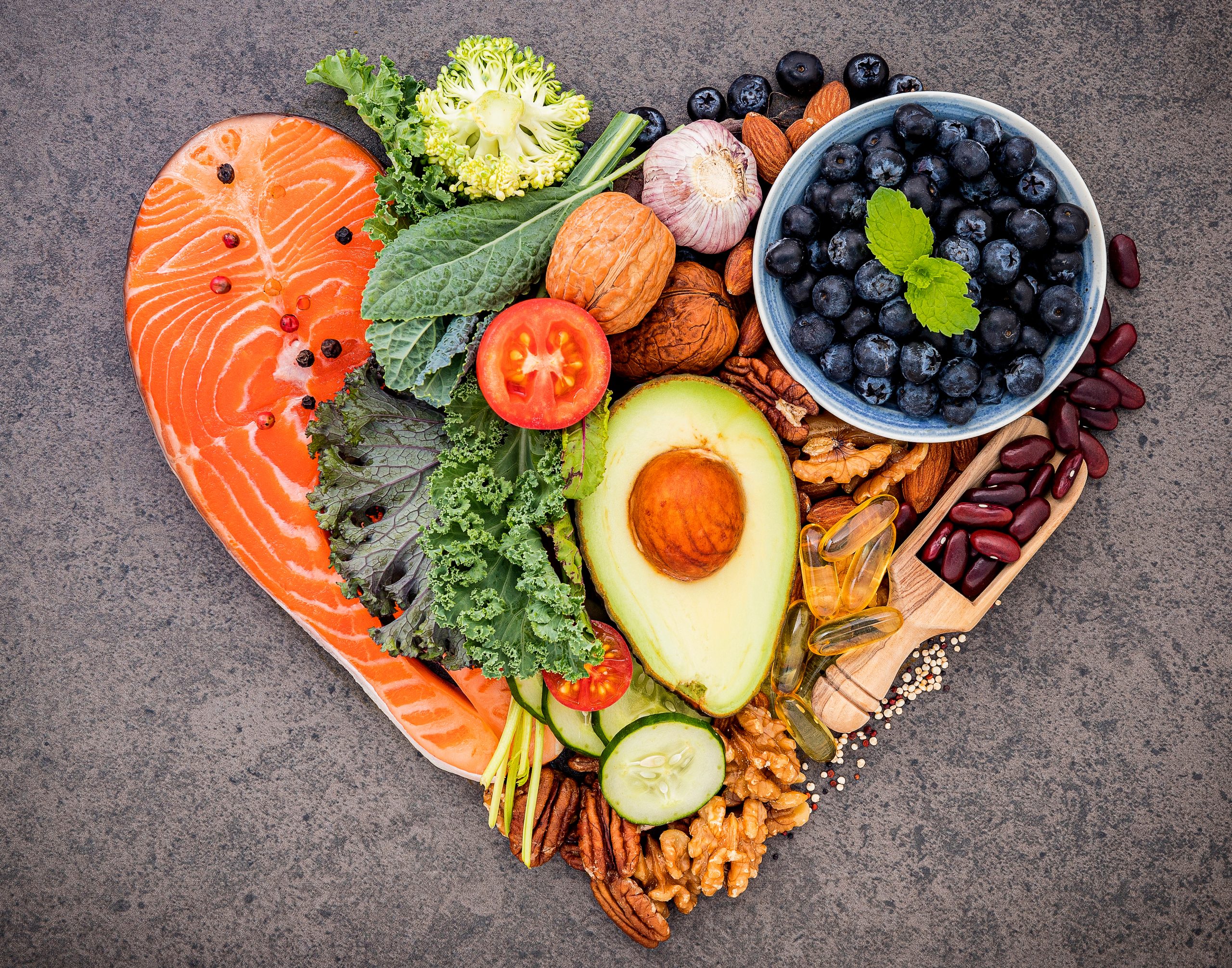When it comes to weight loss, many factors come into play, including diet, exercise, and lifestyle choices. One such factor that can significantly impact weight loss progress is the consumption of alcohol. While moderate alcohol intake can be enjoyed as part of a balanced lifestyle, it’s important to understand the potential impact it can have on your weight loss journey. In this article, we explore the effects of alcohol on weight loss and offer tips on how to make mindful choices.
- High Calorie Content: One of the main reasons alcohol can hinder weight loss is its calorie content. Alcohol is calorically dense, containing nearly 7 calories per gram, which is almost as much as fat (9 calories per gram). Moreover, alcoholic beverages are often mixed with sugary mixers or consumed alongside high-calorie snacks, further contributing to overall caloric intake. Consuming excessive calories from alcohol can lead to weight gain or stall weight loss progress.
- Disrupted Metabolism: When we consume alcohol, our bodies prioritize metabolizing alcohol over other nutrients, such as carbohydrates and fats. This means that while alcohol is being metabolized, the breakdown and utilization of other nutrients are slowed down. This can disrupt the body’s metabolic processes and hinder the efficient burning of calories, potentially slowing down weight loss.
- Increased Appetite: Alcohol consumption has been linked to an increase in appetite and food cravings. It can lower inhibitions and lead to impulsive eating choices, often resulting in the consumption of calorie-dense foods. Additionally, alcohol can affect the brain’s hunger and satiety signals, making it more challenging to control portion sizes and make mindful food choices.
- Impaired Nutrient Absorption: Excessive alcohol consumption can impair the absorption of essential nutrients, such as vitamins and minerals. These nutrients play a crucial role in maintaining a healthy metabolism and supporting weight loss efforts. When nutrient absorption is compromised, it can negatively impact overall health and hinder weight loss progress.
- Reduced Inhibitions: Alcohol consumption can lower inhibitions and impair judgment, potentially leading to poor food choices. It can make it easier to give in to cravings, indulge in unhealthy snacks, or overeat. This can sabotage weight loss efforts and make it harder to maintain a calorie deficit.
Tips for Mindful Alcohol Consumption and Weight Loss:
- Moderation is Key: Enjoy alcohol in moderation by adhering to recommended guidelines. This typically means no more than one standard drink per day for women and up to two standard drinks per day for men. Be aware of the size and alcohol content of your drinks, and consider opting for lower-calorie options, such as light beer or spirits mixed with soda water.
- Plan Ahead: If you know you’ll be consuming alcohol, plan your meals and snacks accordingly. Opt for nutrient-dense foods that are lower in calories to balance out the additional calories from alcohol. Be mindful of portion sizes and aim to include lean proteins, vegetables, and whole grains in your meals.
- Hydration is Essential: Alcohol can be dehydrating, so it’s important to stay well-hydrated. Drink plenty of water before, during, and after consuming alcohol to help mitigate its dehydrating effects. Staying hydrated can also help you feel fuller and reduce the likelihood of overeating.
- Be Mindful of Mixers: Be cautious of sugary mixers and high-calorie cocktails, as they can significantly increase your overall caloric intake. Opt for lower-calorie alternatives like soda water, unsweetened tea, or freshly squeezed citrus juices to reduce added sugars and calories.
- Listen to Your Body: Pay attention to how alcohol affects your body and appetite. Be mindful of any changes in hunger cues or cravings and












